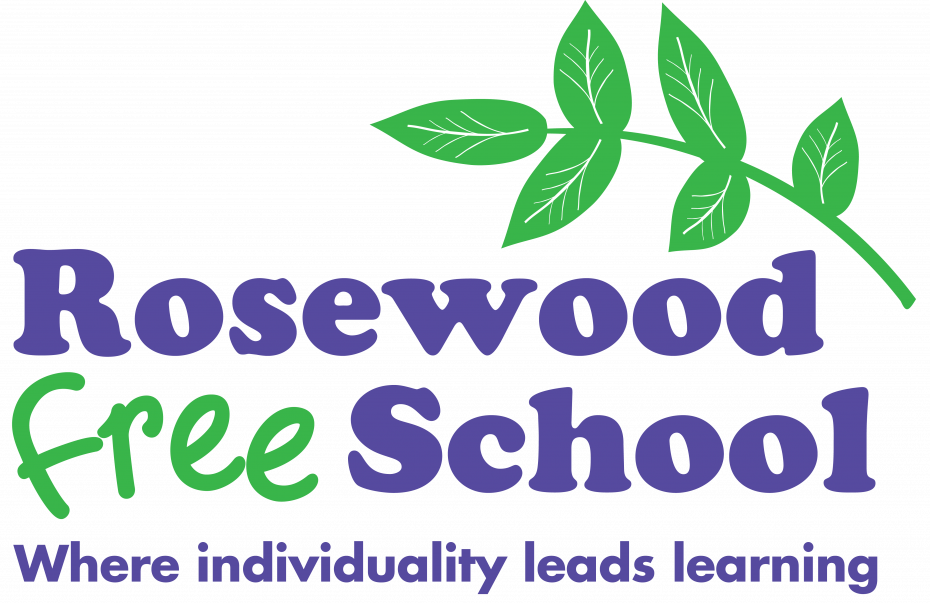Early Years Provision
The curriculum in the Early Years Department
The Early Years Department works under the broad remit of Every Child Matters, and follows the Early Years Foundation Stage Statutory framework. We are fully supportive of the 4 main themes of the EYFS, and strive to operate according to the overarching principles enshrined in this document. These 4 themes are:-
- A unique child
- Positive relationships
- Enabling environments
- Learning and development
The broad principles under which we operate are described more fully in our Early Years Policy.
We seek to adhere to all the principles of the EYFS framework. This does not prescribe a particular teaching approach, but recognises that effective teaching in the Early Years requires skilled use of a teaching repertoire which responds appropriately to the age and needs of the children being taught.
The revised EYFS framework includes the following definition of teaching from Ofsted’s Early Years Inspection Handbook 8:
‘Teaching should not be taken to imply a ‘top down’ or formal way of working. It is a broad term that covers the many different ways in which adults help young children learn. It includes their interactions with children during planned and child-initiated play and activities: communicating and modelling language; showing, explaining, demonstrating, exploring ideas; encouraging, questioning, recalling; providing a narrative for what they are doing; facilitating and setting challenges. It takes account of the equipment adults provide and the attention given to the physical environment, as well as the structure and routines of the day that establish expectations.
Integral to teaching is how practitioners assess what children know, understand and can do, as well as taking account of their interests and dispositions to learn (characteristics of effective teaching and learning), and how practitioners use this information to plan children’s next steps in learning and monitor their progress.’
Although some of the practices outlined in this definition are not appropriate for learners at the earliest stages of development, the child focussed, needs led, flexible and responsive approach it describes are very much at the heart of our practice here at Rosewood. This is what we refer to as the SCRUFFY approach (Student-led, Creative, Relevant, Unspecific, Fun, Facilitated by You).

